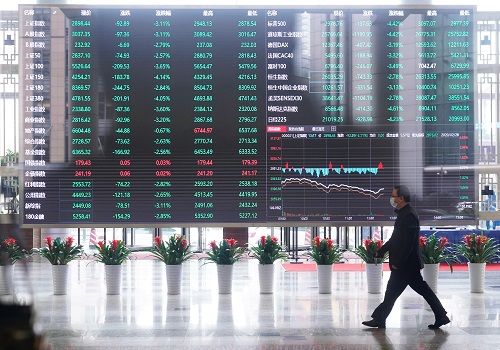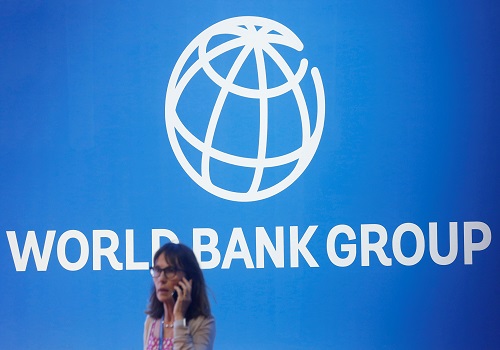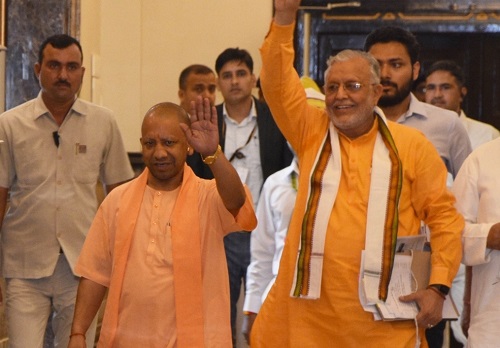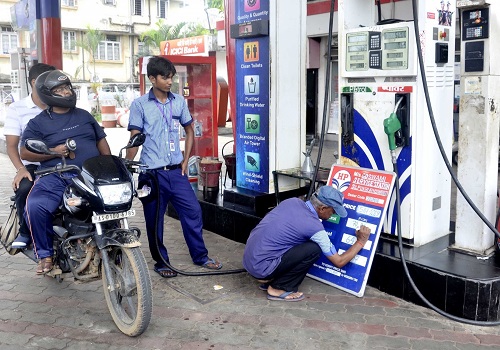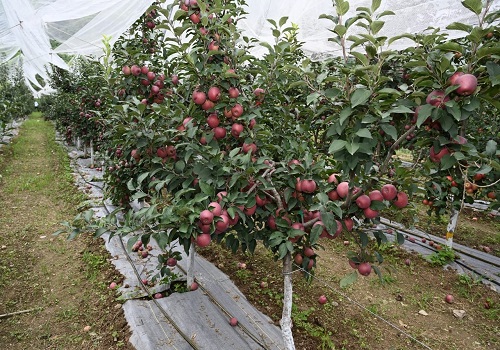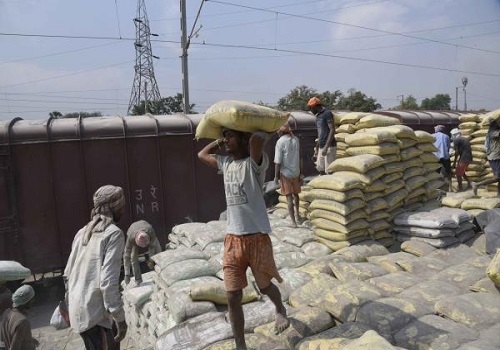Indian mills sign sugar export deals without government subsidy
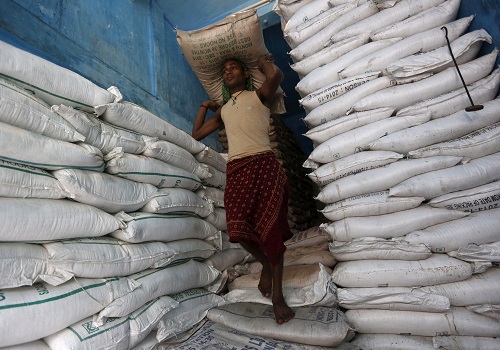
Follow us Now on Telegram ! Get daily 10 - 12 important updates on Business, Finance and Investment. Join our Telegram Channel
MUMBAI - Indian sugar mills have started selling sugar without the support of government subsidies, which could lift exports by 14% from a year ago to a record 6.5 million tonnes in 2020/21, industry officials told Reuters on Wednesday.
The exports will help the world's second-biggest sugar producer to lower stockpiles and support local prices, which, at odds with the global market, have been under pressure from oversupply at home.
They could also cap a rally in benchmark prices in New York and London, which jumped to 4-year highs earlier this year.
"India could easily export 6.5 million tonnes in the current season. Exports could rise even further if global prices rise above 18 cents," Prakash Naiknavare, managing director of the National Federation of Cooperative Sugar Factories Ltd, said.
New York raw sugar futures traded around 16.84 cents per lb on Wednesday.
In mid-December, India approved a subsidy to encourage cash-strapped mills to export 6 million tonnes of sugar in the 2020/21 marketing year ending on Sept. 30.
Before then, mills had exported a small quantity - around 15,000 tonnes, without any subsidy.
Mills have so far contracted around 5.8 million tonnes of sugar out of the export allocation of 6 million tonnes, a Mumbai-based dealer with a global trading firm said.
Speaking on condition of anonymity, the dealer said most mills had exhausted their export quota and a few had started selling for export without any subsidy.
Together with other dealers, he said mills have contracted 150,000 tonnes of sugar without export subsidies, which they are selling at around 29,500 rupees per tonne compared to the local price of above 31,000 rupees.
Mills need funds to make cane payments to farmers, which became difficult after coronavirus lockdowns curbed local demand, another Mumbai-based dealer said.
Although mills can borrow from banks to pay farmers, that results in interest payments and storage costs, so they are cutting losses by selling to exporters, he said.












 320-x-100_uti_gold.jpg" alt="Advertisement">
320-x-100_uti_gold.jpg" alt="Advertisement">


